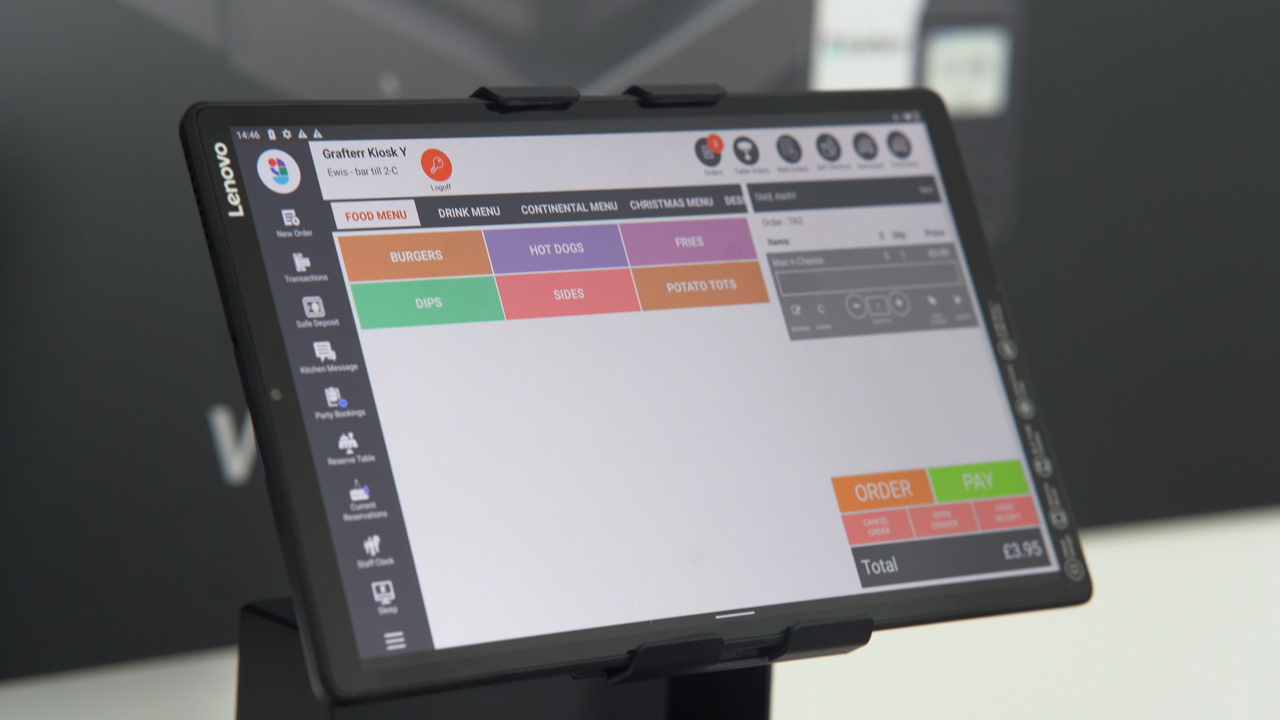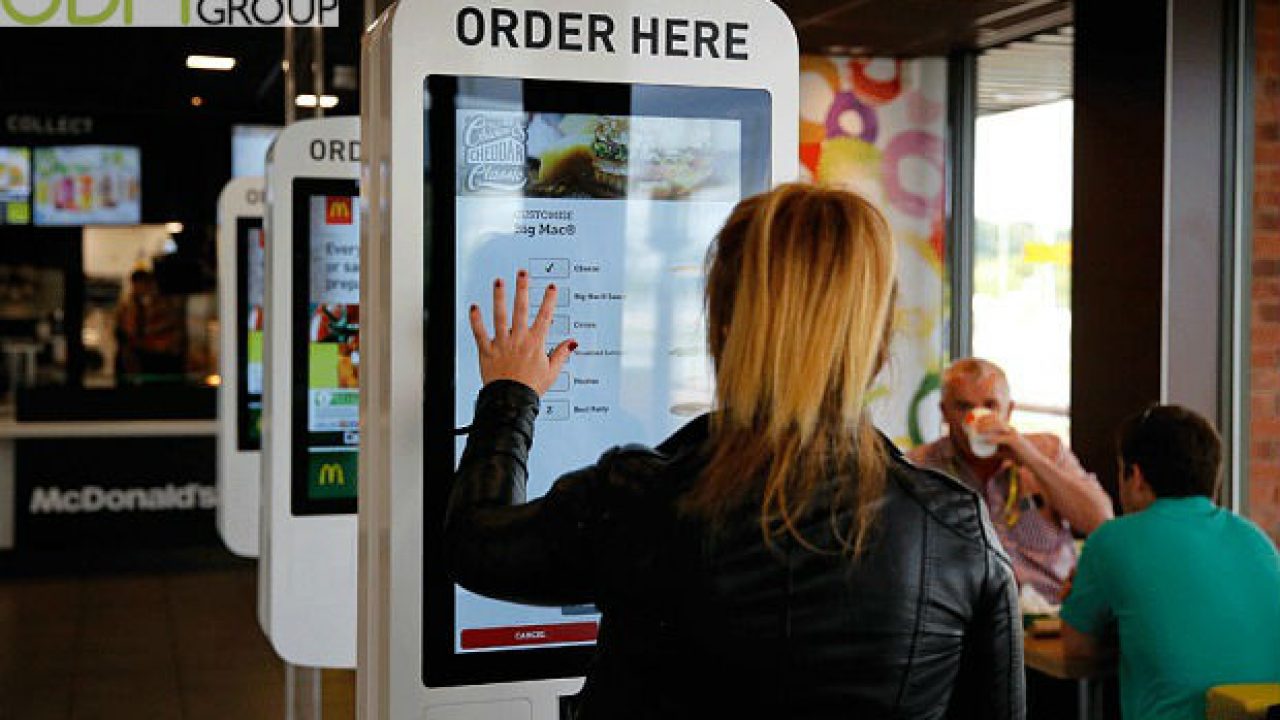Welcome to 2024: A Year of Opportunity and Challenge for Restaurant Owners! In this dynamic financial era, mastering the art of budgeting and forecasting isn’t just a skill – it’s your key to success. It’s more important than ever to have a solid plan for your restaurant’s finances. Good financial planning helps you make smart decisions, stay on top of trends, and keep your business growing.
Creating a budget is your first step. It’s like a roadmap for your restaurant’s finances. You should know how much money you need for different parts of your business, like food supplies, staff wages, and rent. Keep your budget realistic. This means considering how much money you expect to make and how much you’ll likely spend.
Forecasting is about looking ahead. Try to predict your future sales and expenses. This isn’t just guessing. Use your past financial records to make smart predictions. For instance, if you know you get more customers in summer, plan for higher sales during this time.
Understanding the financial landscape of 2024
The financial landscape in 2024 presents unique challenges and opportunities for restaurants. Factors such as fluctuating supply chain costs, evolving consumer spending habits, and labor market shifts significantly impact financial planning.
As the UK hospitality sector steps into 2024, several key factors shape its financial landscape. Being aware of these elements is crucial for any business in the industry to thrive. Here are five important considerations:
- Economic Trends and Consumer Spending: Keep an eye on the broader economic trends, including inflation rates, employment levels, and consumer spending habits. These factors directly impact customers’ dining out frequency and spending power, which in turn affect your revenue.
- Brexit Implications: Even years after Brexit, its ongoing effects continue to influence the hospitality sector, particularly in terms of supply chain management, staffing, and regulatory changes. Stay updated on any Brexit-related developments that could impact your operations or costs.
- Technological Advancements: Technology is rapidly evolving, offering new ways to enhance efficiency and customer experience. However, it also means staying updated with the latest innovations, understanding their cost implications, and integrating them effectively into your business model.
- Sustainability and Environmental Policies: With increasing focus on sustainability, be aware of any new environmental regulations or trends that could impact your business. This could range from waste management practices to sourcing ethically produced ingredients.
- Competitive Landscape: The hospitality industry is highly competitive. Understanding your competitors’ strategies, pricing, and service offerings is vital. Keep an eye on emerging trends and how other businesses are adapting to stay relevant and attract customers.

Effective budgeting for your restaurant
A well-structured budget is crucial for any restaurant’s financial well-being. It should comprehensively cover all sources of income and expenses, including often-overlooked aspects like periodic equipment maintenance and utility costs. Start by categorizing your expenses into fixed and variable costs. Fixed costs remain constant, like rent and salaries, while variable costs, such as food supplies, fluctuate based on business volume. Remember, a detailed budget helps you understand where every penny goes, making it easier to identify areas for cost-saving and investment.
Regularly reviewing and updating your budget is key. The restaurant business can be unpredictable, with seasonal changes and fluctuating customer preferences impacting your bottom line. By keeping your budget up-to-date, you can make informed decisions, adapt to changes swiftly, and maintain financial stability even in uncertain times.
Accurate financial forecasting techniques
Forecasting is all about looking ahead and preparing for the future. It involves analyzing past financial data to predict future income, expenses, and profitability. Use historical sales data, considering factors like seasonality, market trends, and economic conditions. This foresight allows you to make proactive business decisions, like adjusting your menu or staffing levels, to align with anticipated changes in demand.
Effective forecasting is not set in stone; it’s a dynamic process. Regularly update your forecasts based on the latest data and market trends. This adaptability is essential for navigating the volatile nature of the restaurant industry, helping you to capitalize on opportunities and mitigate risks.

Streamlining financial management with advanced POS system

To effectively plan your financial year, a reliable POS system with robust reporting and analytics is essential. It should not only present data clearly but also offer seamless integration with tools like Xero, as provided by Grafterr POS, or allow for easy export to various accounting systems. With Grafterr POS, you gain insightful reports to guide your financial decisions, ensuring you’re always ahead of the curve. For a comprehensive understanding of how Grafterr POS can enhance your financial planning, consider having a chat with our sales team. They’re ready to assist you in exploring solutions tailored to your unique business needs.
Managing cash flow effectively
Cash flow management is about balancing the money coming in and going out of your business. Efficient cash flow management ensures that you always have enough funds to cover your operational costs, like supplier payments and payroll. Implement strategies like closely monitoring your inventory to avoid overstocking, negotiating better payment terms with suppliers, and managing debt wisely.
Prepare for the natural ebbs and flows of the restaurant business. Have strategies in place for the lean periods, like setting aside a portion of profits during peak seasons or exploring short-term financing options to cover gaps in cash flow.
Preparing for unforeseen expenses
The restaurant industry is full of surprises, and not all of them are pleasant. Unforeseen expenses, such as emergency repairs or sudden market shifts, can significantly impact your finances. To safeguard against these, establish an emergency fund.
This fund acts as a financial cushion, helping you tackle unexpected costs without disrupting your regular operations. Apart from an emergency fund, consider investing in comprehensive insurance coverage. This can include property, liability, and business interruption insurance, which can be invaluable in times of crisis.

Leveraging technology in financial management
Modern technology offers powerful tools for financial management. From cloud-based accounting software to advanced POS systems, these digital solutions can automate various financial processes, reduce errors, and provide real-time financial insights. This tech-driven approach not only saves time but also enhances accuracy in financial reporting.
Look for integrated financial management systems that can consolidate various functions like sales tracking, inventory management, and payroll. This integration provides a holistic view of your finances, making it easier to spot trends, manage budgets, and make informed decisions.
Conclusion
It’s clear that success in the restaurant industry hinges on strategic financial management. Understanding the evolving economic landscape, including the effects of Brexit and sustainability policies, to mastering effective budgeting and forecasting, these skills are indispensable. The integration of advanced technologies like Grafterr’s POS system, which offers clear financial reporting and compatibility with tools like Xero, is more crucial than ever. It facilitates not just easier financial planning but also a deeper understanding of your business’s performance.
Effective cash flow management and preparation for unforeseen expenses further solidify your restaurant’s financial resilience. By leveraging modern financial management tools and staying agile in the face of market changes, restaurant owners can not only survive but thrive in 2024’s dynamic environment. The key lies in embracing change, leveraging technology, and staying informed to make decisions that drive profitability and growth.





